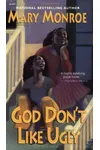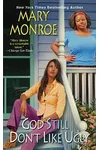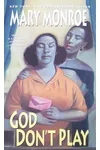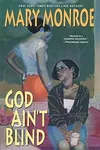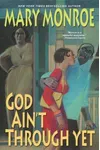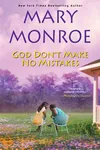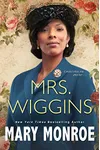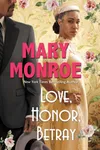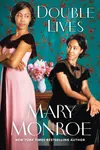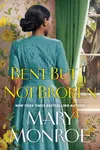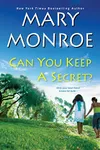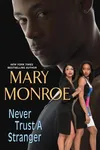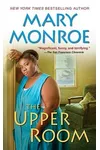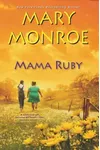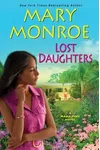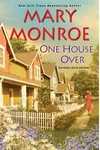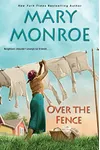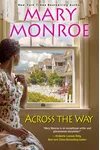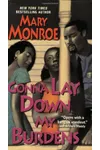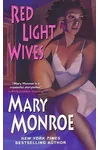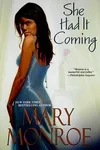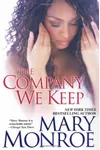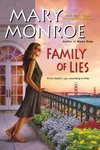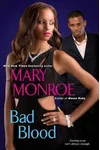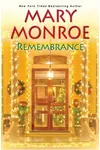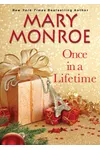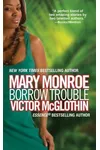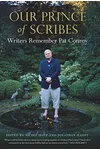Picture a storyteller who spun tales of resilience and redemption from the heart of the American South—meet Mary Monroe! Born to Alabama sharecroppers, this self-taught author transformed her life’s hardships into the bestselling God Don’t Like Ugly series, captivating readers with her vivid portrayal of the African American experience. Her journey from rejection to literary acclaim is as inspiring as her novels.
With a knack for blending humor, drama, and raw emotion, Monroe’s historical fiction resonates with readers who crave authentic, heartfelt stories. Let’s dive into the life and legacy of this remarkable woman whose pen has painted unforgettable worlds.
The Making of Mary Monroe
Born on December 12, 1949, in Toxey, Alabama, Mary Monroe grew up as the third of four children in a sharecropping family. Life wasn’t easy—poverty and racial challenges shaped her early years in Alabama and Ohio. Yet, young Mary found solace in stories, writing short tales by age four. She became the first in her family to graduate high school, moving to Richmond, California, in 1973, and later settling in Oakland. Self-taught, she never attended college or writing classes, relying on grit and passion to hone her craft. Despite years of rejection letters, her perseverance paid off with her debut novel, The Upper Room, in 1985.
Mary Monroe’s Unforgettable Stories
Monroe’s novels are a masterclass in historical fiction, weaving African American experiences with themes of survival, faith, and redemption. Her breakout hit, God Don’t Like Ugly (2000), introduces Annette Goode, a shy girl navigating abuse and racism in 1950s Ohio. The book’s raw honesty and hopeful tone earned it the PEN Oakland/Josephine Miles Award and a spot on the New York Times bestseller list. Its sequels, like God Still Don’t Like Ugly and God Don’t Play, continue Annette’s saga, blending humor and heartache.
Another gem, The Upper Room (1985), showcases Mama Ruby, a fierce, complex woman who steals a baby and flees to rural Florida. Critics hailed its Zora Neale Hurston-esque dialogue and Stephen King-like intensity. Monroe’s Mrs. Wiggins series, set in Depression-era Alabama, explores betrayal and secrets with a churchgoing heroine. Her autobiographical style, drawn from personal experiences and eavesdropped conversations, gives her characters depth and relatability.
Monroe’s writing is conversational, with natural dialogue and a knack for making ordinary lives extraordinary. Her stories tackle heavy topics—abuse, racism, betrayal—yet her use of humor and Christian undertones offers hope, making her work both poignant and accessible.
Why Mary Monroe Matters
Mary Monroe’s impact on African American literature is profound. Her novels give voice to marginalized communities, illuminating the struggles and triumphs of Black women in the pre- and post-Civil Rights era. With over 25 novels and six novellas, she’s a prolific force, earning accolades like the 2016 AAMBC Maya Angelou Lifetime Achievement Award and the 2017 J. California Cooper Memorial Award. Her resilience—writing through rejection and personal challenges—inspires aspiring authors, proving that talent and determination can break barriers.
Monroe’s stories resonate because they’re real, drawn from her life and the people around her. Readers see themselves in her characters’ struggles and victories, making her a beloved figure in historical and Christian fiction. Her work continues to spark discussions about race, identity, and redemption.
About Mary Monroe
- Born: December 12, 1949, in Toxey, Alabama
- Key Works: God Don’t Like Ugly, The Upper Room, Mrs. Wiggins
- Awards: PEN Oakland/Josephine Miles Award (2001), AAMBC Maya Angelou Lifetime Achievement Award (2016)
- Fun Fact: She writes seven days a week, often inspired by current events!
Snag God Don’t Like Ugly and dive into Mary Monroe’s soul-stirring historical fiction—you won’t be able to put it down!
